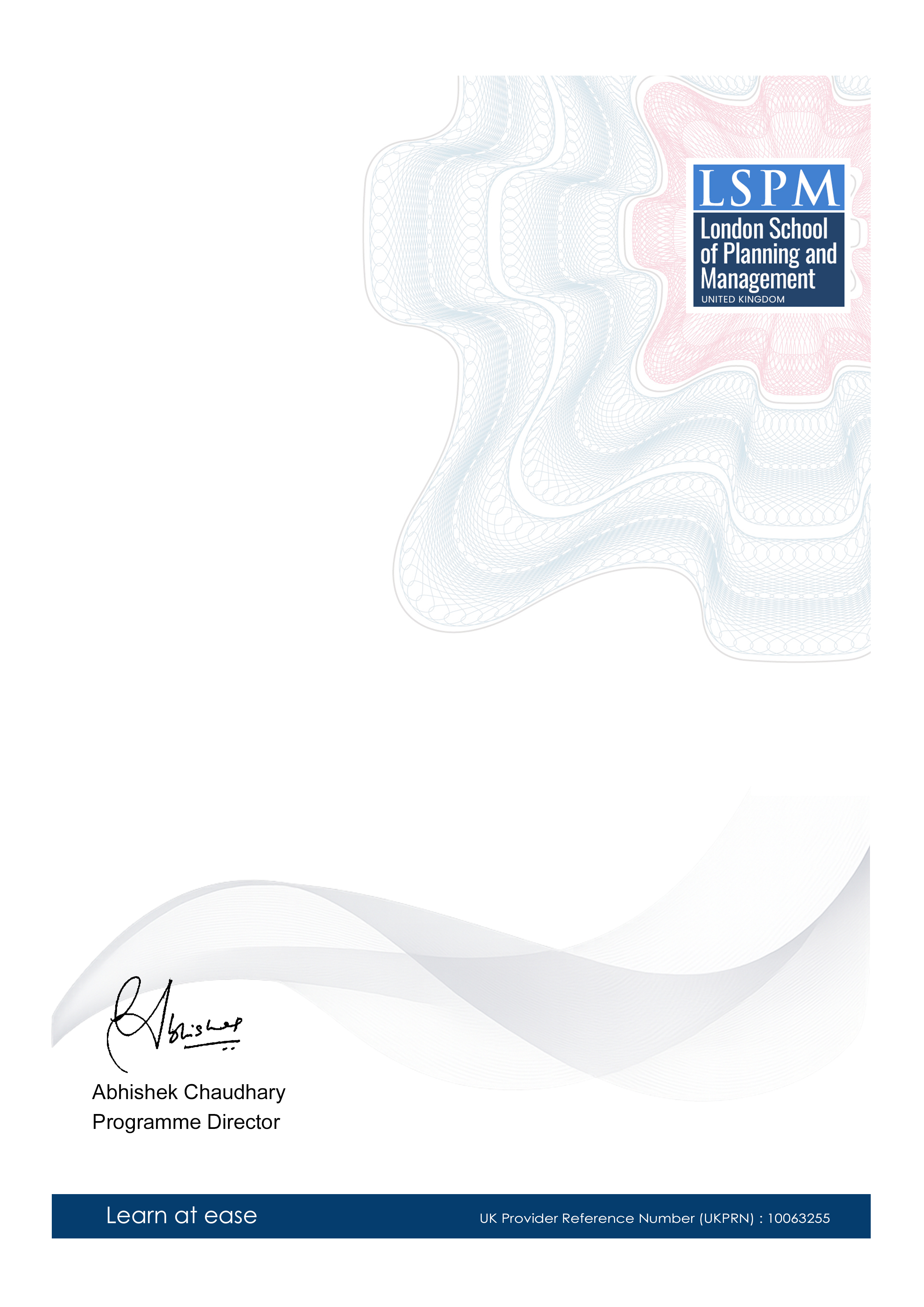Career Advancement Programme in Sustainable Fisheries Technology Quality Control
-- viewing nowThe Career Advancement Programme in Sustainable Fisheries Technology Quality Control is a certificate course designed to equip learners with the essential skills needed to thrive in the rapidly growing field of sustainable fisheries. This course is of utmost importance in today's world, where sustainable fishing practices and quality control are critical to maintaining our fragile marine ecosystems and ensuring food security.
5,324+
Students enrolled
GBP £ 149
GBP £ 215
Save 44% with our special offer
About this course
100% online
Learn from anywhere
Shareable certificate
Add to your LinkedIn profile
2 months to complete
at 2-3 hours a week
Start anytime
No waiting period
Course details
• Fisheries Technology Fundamentals: An introduction to the principles and practices of fisheries technology, including the latest tools and techniques used in sustainable fishing.
• Sustainable Fishing Practices: An in-depth examination of the methods and strategies used to ensure the long-term sustainability of fisheries, including responsible fishing practices and the conservation of fish stocks.
• Fish Quality Control and Assurance: An exploration of the quality control and assurance processes used in the fisheries industry, including the assessment and monitoring of fish quality, food safety standards, and compliance with regulations.
• Fisheries Data Analysis and Management: An examination of the data analysis and management techniques used in the fisheries industry, including the use of data to inform decision-making, monitor fish stocks, and evaluate the effectiveness of sustainable fishing practices.
• Fisheries Policy and Regulation: An overview of the policy and regulatory frameworks that govern the fisheries industry, including national and international laws, regulations, and agreements related to sustainable fishing and fish quality control.
• Advanced Fisheries Technology: A deep dive into the latest advancements in fisheries technology, including the use of sensors, satellite tracking, and data analytics to improve the sustainability and efficiency of fishing operations.
• Fish Processing and Value Addition: An examination of the processes used to process and add value to fish, including the latest techniques for filleting, freezing, canning, and other forms of preservation.
• Fisheries Marketing and Trade: An exploration of the marketing and trade of fish and fisheries products, including the latest trends, challenges, and opportunities in the global seafood market.
• Fisheries Research Methods: An overview of the research methods used in the fisheries industry, including experimental design, data collection, and statistical analysis.
Career path
Entry requirements
- Basic understanding of the subject matter
- Proficiency in English language
- Computer and internet access
- Basic computer skills
- Dedication to complete the course
No prior formal qualifications required. Course designed for accessibility.
Course status
This course provides practical knowledge and skills for professional development. It is:
- Not accredited by a recognized body
- Not regulated by an authorized institution
- Complementary to formal qualifications
You'll receive a certificate of completion upon successfully finishing the course.
Why people choose us for their career
Loading reviews...
Frequently Asked Questions
Skills you'll gain
Course fee
- 3-4 hours per week
- Early certificate delivery
- Open enrollment - start anytime
- 2-3 hours per week
- Regular certificate delivery
- Open enrollment - start anytime
- Full course access
- Digital certificate
- Course materials
Get course information
Earn a career certificate

